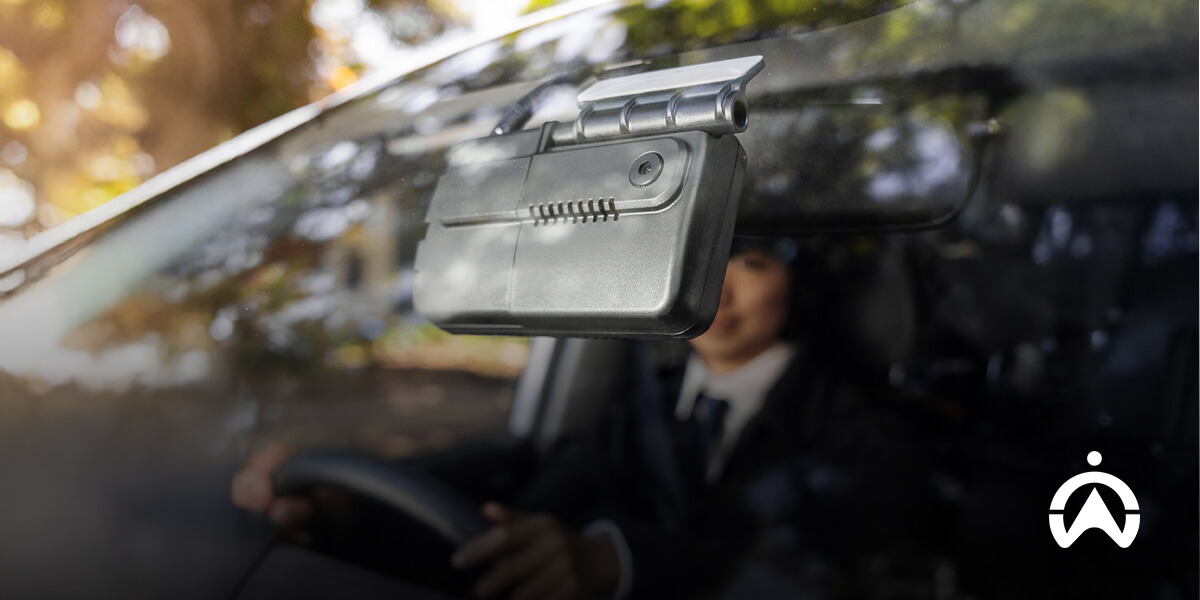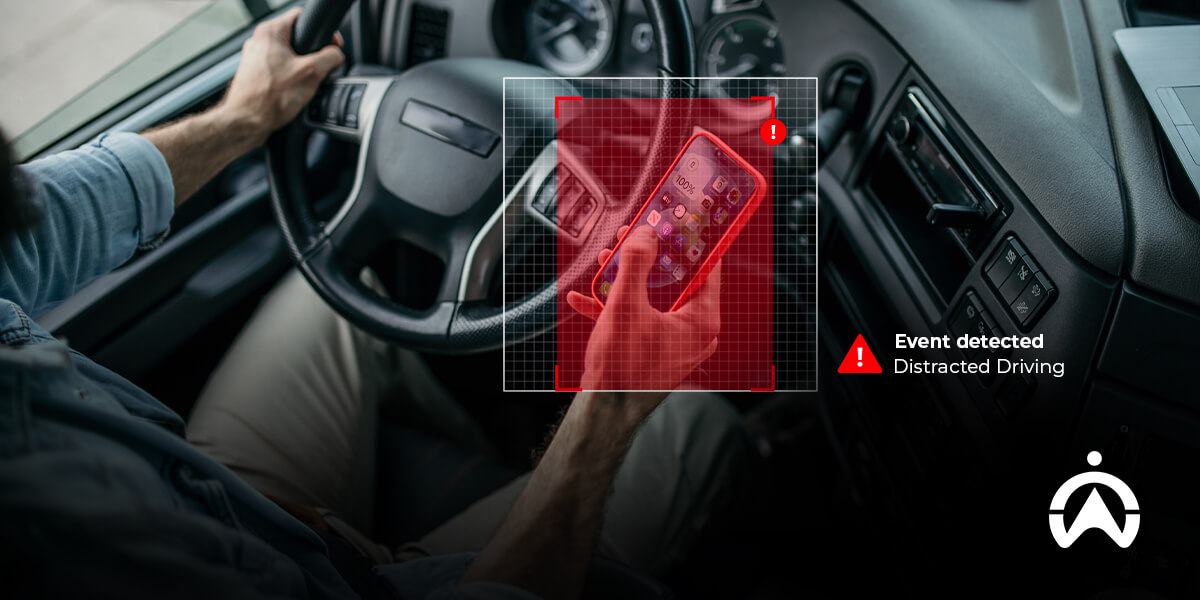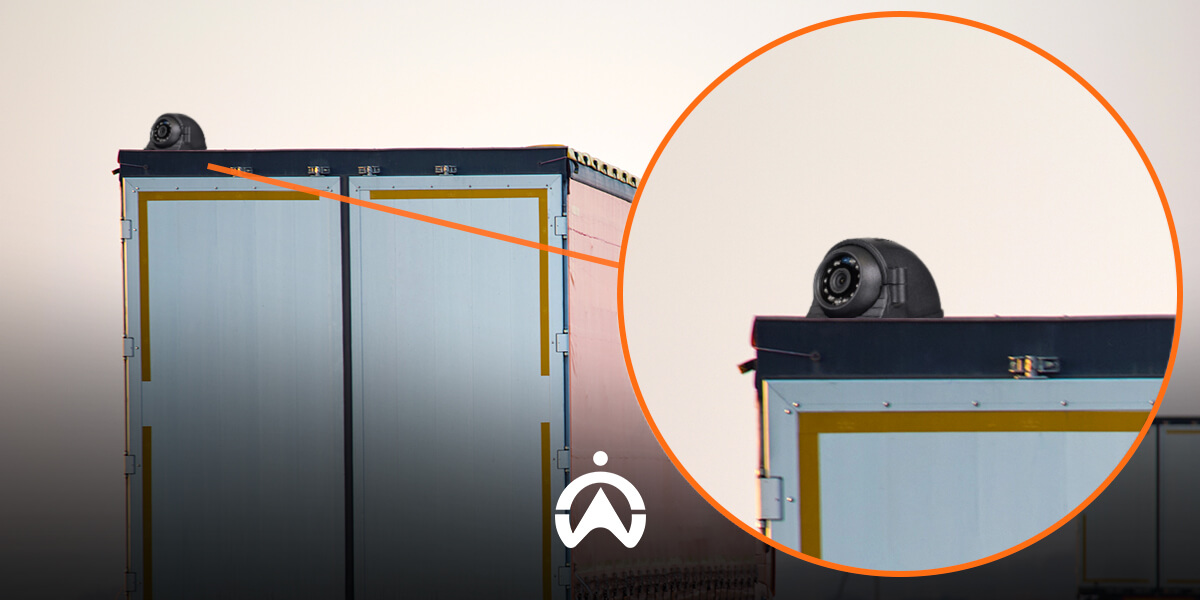Business owners should invest in truck cameras because they assist in improving the overall safety of your vehicles and cargo. They also provide fleet managers with a full view of what drivers get up to daily. This technology has become the standard in the trucking fleet business, as it also reduces the risks of accidents and improves operational efficiency.
Let’s dive into why a truck camera system is worth the investment and how we, as Cartrack, stand out from the rest in terms of what we offer.
Yes, a truck camera is absolutely good for your fleet business! It presents many benefits that help your business improve efficiency, safety, and fleet running costs. By reviewing footage and data, you can make more informed decisions to enhance the overall performance of your fleet.
Let’s have a closer look at some of the key advantages of having a truck camera system:
It’s no secret that most drivers don’t like the thought of cameras “following them around” while they go about their daily tasks. However, the presence of fleet cameras encourages safer driving habits. They know they’re being watched, and should there be any issues, they’ll be held accountable.
Most fleet cameras have telematics capabilities, meaning they can detect driving habits such as speeding, harsh braking, and excessive acceleration. As a fleet manager, you'll receive alerts and reports of these behaviours so you can address and educate drivers on better habits.
Some cameras also have AI (artificial intelligence) technology. This means that they can spot when drivers are engaging in unsafe driving habits, such as when they’re looking away from the road. This improves the safety of drivers, as the cameras give off alerts that help them quickly change their actions to avoid accidents.
You can also station fleet cameras outside the trucks to cover surrounding areas and inside the load area. This ensures that the cargo is protected and that you can always see if employees are handling it with care.
The evidence presented by video footage and telematics data can be used for coaching drivers and performance reviews to further promote accountability and improve road safety.

The quickest and most cost-effective way to resolve accident disputes is to have solid proof. With false car insurance claims on the rise in South Africa, a camera system has become increasingly necessary for trucking businesses.
In instances where a fleet driver is not at fault, camera footage is all you need to prove their innocence. The camera footage will reveal the whole scene, from before the incident to during and after. A truck camera system also helps protect your business from the long-winded back and forth. It speeds up the process, saves costs, and protects the company from insurance fraud chancers.
From our previous point, we’ve already established how cameras improve driver safety and therefore reduce the chances of accidents through AI and telematics. Fewer accidents lead to fewer unexpected repairs and claims. This then results in lower insurance premiums in the long run, as the company’s risk profile will improve. Good driving habits also reduce vehicle wear and tear, reducing the frequency of vehicle part replacements.
Cameras present visual evidence of how employees handle products during deliveries and help verify if they arrived on time. Your company’s reputation is what will bring in more clients. It’s therefore essential that you protect it at all costs.
For example, suppose a client complains about product damage. In that case, you review the footage to confirm that the staff loaded the products securely. This keeps the cargo safe from movement that could cause damage to the products. It also helps identify who was at fault and strengthens trust with clients through transparency and accountability.
In an attempt to reduce road accidents and enhance public safety, the Department of Transport has introduced a new set of changes, which have officially taken effect as of August 2025. One of the new rules is that it's now mandatory for all commercial vehicles to have dashcams. The department has also implemented stricter fines and introduced demerit points.
For example, the previous amount for a cellphone use offence was R1000. Now the same offence will cost your business more than double the amount, R3500!
These new laws are a perfect example of how a fleet camera system will help keep your business in line with industry compliance and safety regulations. It also helps maintain proper records in the case of audits or instances where you need proof to dispute certain penalties.
A good truck camera system should have a multi-camera setup that provides 360-degree coverage, including the front, sides, interior, and rear end. The camera quality should be clear enough to see finer details, such as faces and license plates. Their standard features should include GPS integration, cloud access and storage, and AI assistance.

The Cartrack truck camera solutions help shield your fleet from accidents using smart features that enhance fleet oversight. All our fleet camera offerings come with sharp image quality, GPS tracking features, cloud storage, and the ability to live stream footage from anywhere.
Here’s a closer look at the top Cartrack camera solutions for your fleet of trucks:
By offering detailed insight into driver behaviour, helping reduce accidents and unexpected downtime, and meeting compliance regulations, truck camera systems go beyond surveillance. They instead boost overall fleet efficiency. Reach out to us, and explore camera solutions suited to your truck operations.
Do truck cameras record everything?
Not exactly. Many truck cameras record everything that happens only when the ignition is on. Some only record when there is a trigger, such as a sudden impact to the vehicle. While others recovered continuously, it all depends on the type of camera it is and the settings. Also keep in mind that they might only cover specific angles and not everything around the truck.
Which vehicle camera is best for small businesses?
The Cartrack AI Dual Vision dashcam works best for small businesses. It offers a good balance of advanced features such as AI assistance for forward collision warnings and speeding alerts. These alerts enhance driver awareness, reduce the chances of accidents, and improve overall road conduct.
How do truck cameras work?
Most truck cameras use a combination of camera lenses, sensors, GPS-based telematics, and artificial intelligence to capture daily trucking activities. The cameras cover different angles of the trucks and all work simultaneously to give fleet managers an all-round view of each vehicle.

Truck camera systems have become more vital for South African businesses now more than ever. Read along to discover why they are worth the investment.